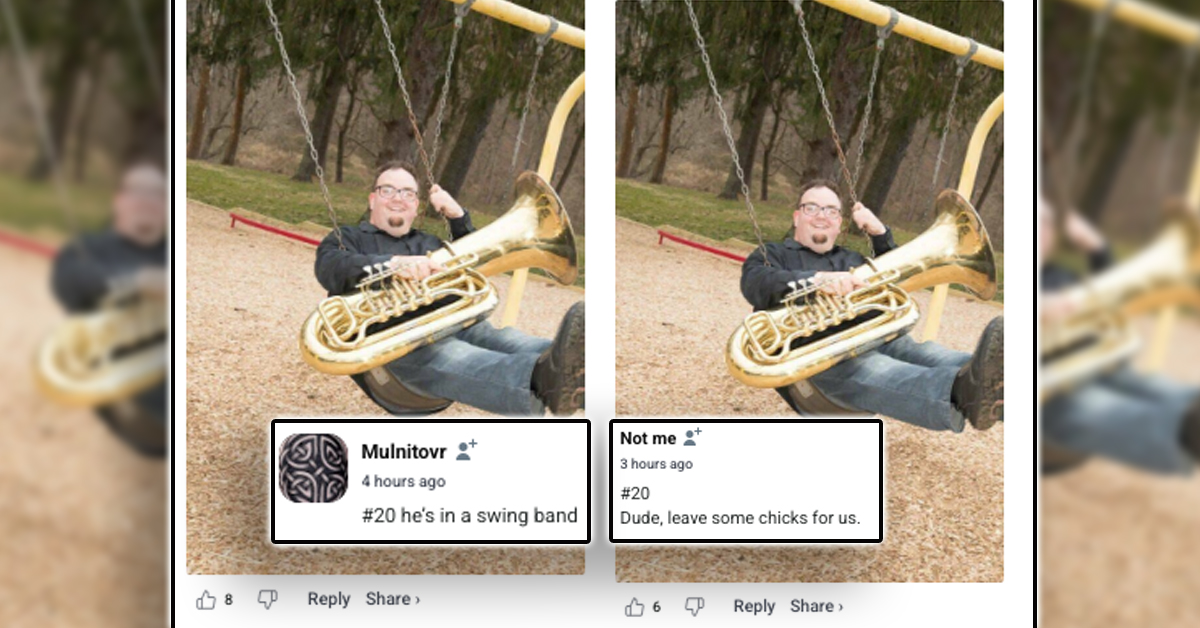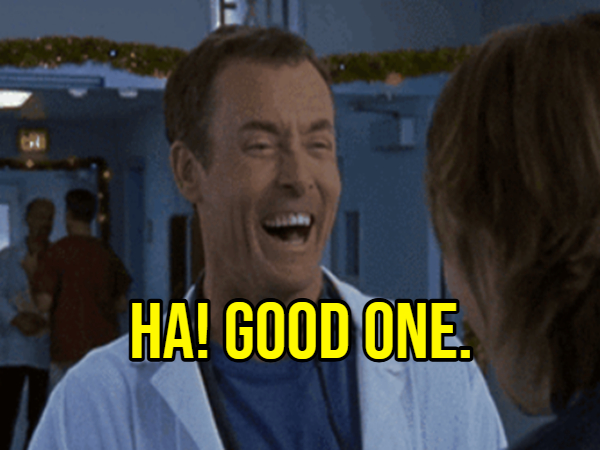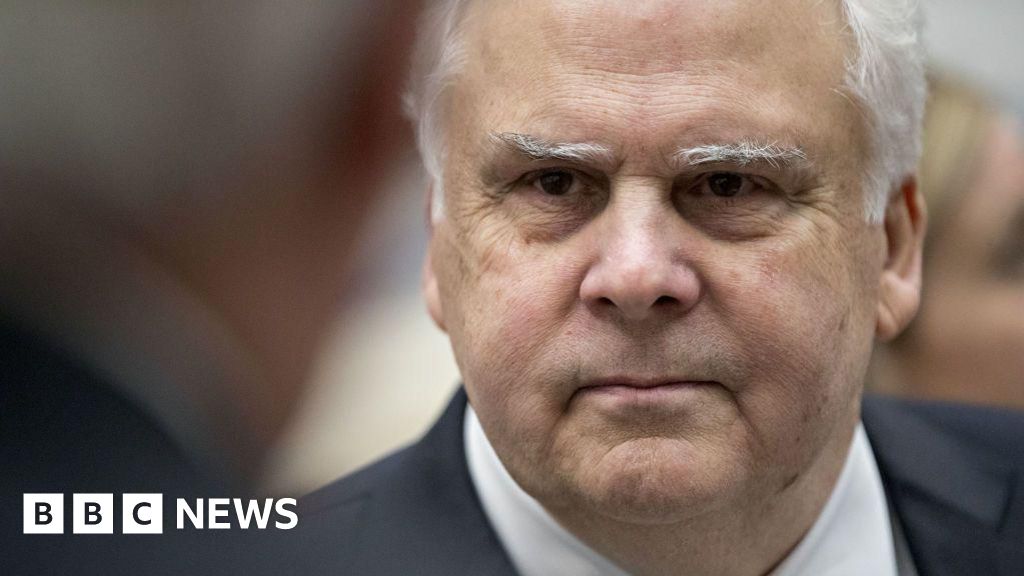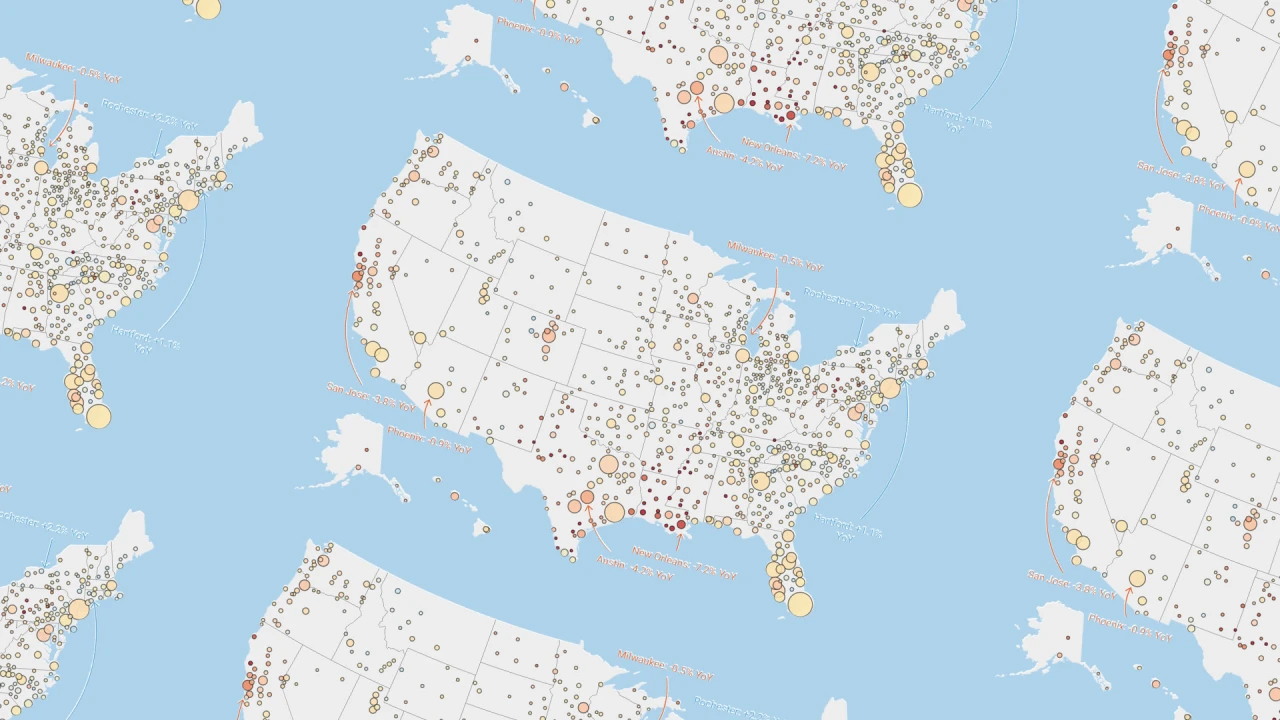Restaurants Pay Over $3.6M for Misusing COVID Relief Loans

In a significant development for small business owners, a group of restaurant operators linked to Azumi LLC has reached a settlement to pay over $3.6 million for allegedly violating the False Claims Act in relation to the Paycheck Protection Program (PPP). This case serves as a reminder of the critical importance of compliance and eligibility in securing government assistance funds aimed at supporting small businesses.
The Azumi Entities—comprising restaurant operations in New York, Las Vegas, Miami, and other locations—admitted to unlawfully obtaining second-draw PPP loans that exceeded allowed limits. This settlement highlights an issue that underscores the sanctity of taxpayer-funded relief initiatives: the need for stringent adherence to application rules and guidelines.
“PPP loans were intended to assist eligible small businesses during the pandemic,” stated Assistant Attorney General Brett A. Shumate. He pointed out that the actions of ineligible businesses not only harmed taxpayers but also deprived eligible businesses from receiving critical funds. U.S. Attorney Leah B. Foley emphasized the necessity for accountability, stating, “Our office is committed to holding accountable those who misappropriated taxpayer-funded relief program limits.”
Originally launched in March 2020, the PPP was designed to provide financial relief to struggling small businesses amidst the economic fallout of COVID-19. Borrowers could have their loans forgiven if the funds were allocated toward payroll and other necessary expenses. Interestingly, a provision that allowed certain established businesses to apply for a second-draw loan came into effect in January 2021. However, the eligibility for these loans was carefully regulated, particularly to prevent larger corporate groups from monopolizing the funds.
Small business owners looking to apply for similar programs in the future must carefully consider a few key points. Firstly, understanding the compliance requirements embedded within these programs is crucial. Borrowers must certify the accuracy of their application information and ensure alignment with all PPP rules, including caps on funding based on corporate group classifications.
As stated in the press release, the Azumi Entities collectively received and secured loan forgiveness that exceeded the regulatory limits for second-draw loans. The fallout from this violation resulted not only in financial penalties but also emphasized heightened scrutiny on businesses seeking government aid.
Small business owners might wonder what steps they can take to avoid similar pitfalls. The first and foremost step is to engage in diligent record-keeping and financial management practices. Staying informed on the latest legislation regarding government assistance, including changes in eligibility and rules, is essential.
Another critical point is the role of whistleblower provisions under the False Claims Act, as demonstrated in this case. The whistleblower entity, GNGH2 Inc., is set to receive approximately $360,000 as part of this resolution. Such provisions encourage individuals within organizations to report inaccuracies or misuse of funds, reinforcing the importance of ethical financial practices.
While the resolution involves punitive measures for the Azumi Entities, it’s worth noting that the press release clarifies, “Except for the facts admitted by the Azumi Entities, the claims in the complaint are allegations only, and there has been no determination of liability.” This nuance points to the potential complexities involved in navigating compliance issues.
In summary, small business owners must approach funding opportunities with caution and a comprehensive understanding of eligibility requirements. The developments surrounding the Azumi Entities serve as a stark reminder of the consequences of non-compliance and the importance of operating within the confines of legislative frameworks designed to support legitimate businesses.
For those interested in more information about this specific case, the original press release from the U.S. Department of Justice can be accessed here. Additionally, the Small Business Administration offers ongoing updates on related matters through its Office of Inspector General. For more information, you can sign up for email updates here.
Image Via Envato
This article, "Restaurants Pay Over $3.6M for Misusing COVID Relief Loans" was first published on Small Business Trends
What's Your Reaction?
 Like
0
Like
0
 Dislike
0
Dislike
0
 Love
0
Love
0
 Funny
0
Funny
0
 Angry
0
Angry
0
 Sad
0
Sad
0
 Wow
0
Wow
0






























































































